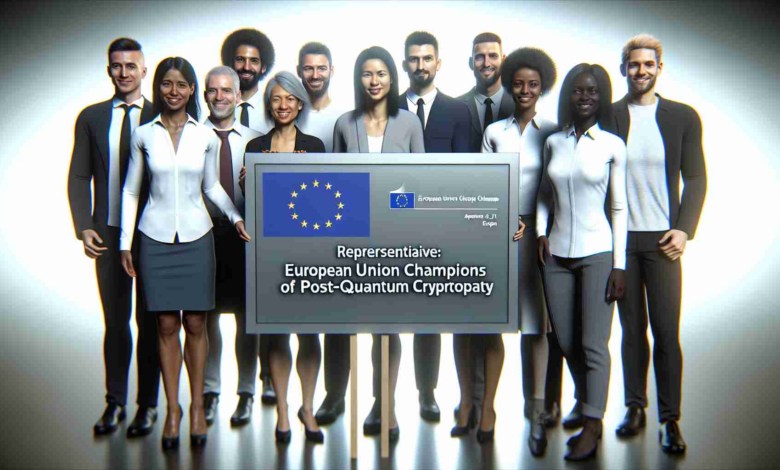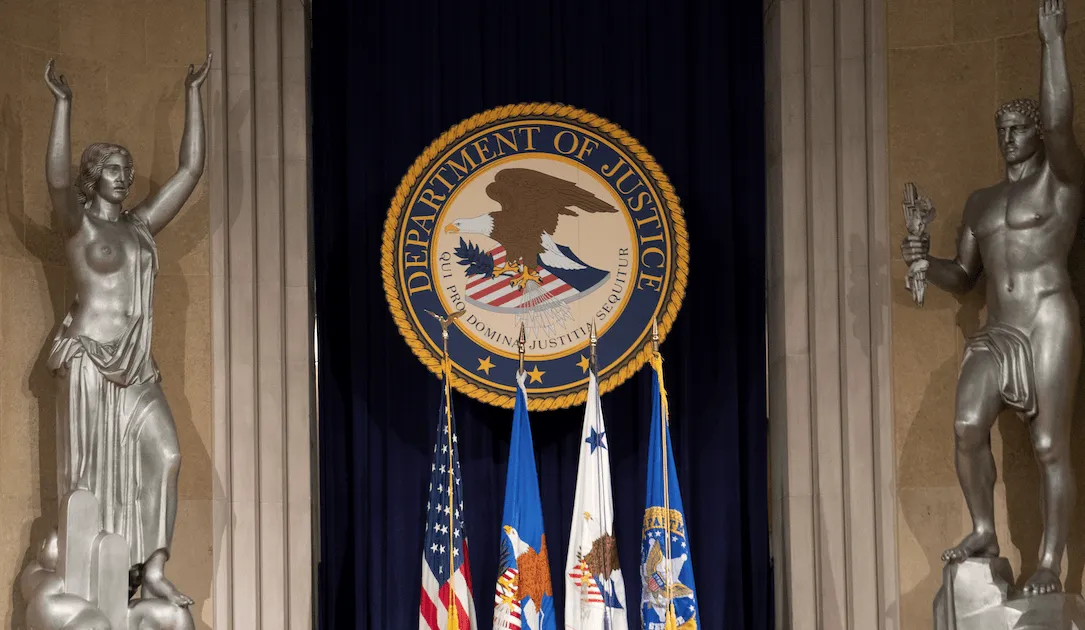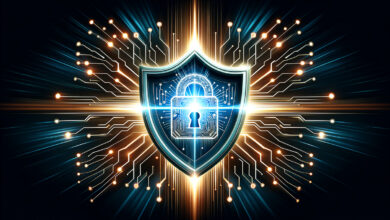European Union Champions Post-Quantum Cryptography for Enhanced Cybersecurity

Summary: The European Commission has initiated a concerted effort to move the European Union towards robust post-quantum cryptography, a requirement to counter the looming threat of quantum computing. This recommendation supports the security and operational continuity of the EU’s digital single market. The shift to quantum-resistant encryption is also part of a broader, global push to reinforce digital defenses in anticipation of the quantum computing era.
As quantum computing rapidly evolves, promising to revolutionize industries, the European Commission takes decisive steps to future-proof the European Union’s cybersecurity. Recognizing the vulnerability of existing encryption to quantum technology, which can decrypt data designed to be secure by today’s standards, the Commission has recommended a transition towards post-quantum cryptography (PQC) for its Member States.
PQC is a form of encryption intended to be secure against the sophisticated algorithms deployed by quantum computers. The European Commission’s advocacy for this transition highlights the EU’s determination to preemptively tackle cyber threats and maintain digital sovereignty.
The strategy is outlined in such a way that it would enable a smooth transition to PQC by leveraging software-based solutions that can be integrated into current infrastructures. This proactive approach is instrumental in preventing potential challenges in interoperability across the digital single market, thus preserving the seamless nature of digital communication and business within the EU.
The Commission’s push reflects a pattern within the cybersecurity industry, which increasingly recognizes the necessity to evolve alongside technological advancements. With quantum computing on the horizon, the pressure to develop and adopt encryptions capable of defending against these powerful machines grows more pressing.
Despite challenges like standardization and the considerable undertaking of updating cryptographic systems, the need for action is clear. Advanced planning is critical, as data that is secured today will remain sensitive for many years, and delaying the shift to PQC could leave it open to ‘harvest now, decrypt later’ types of cyber-attacks.
The European Union is not working in isolation. It is part of worldwide initiatives, such as those led by the National Institute of Standards and Technology, to devise a set of reliable PQC standards. As both the public and private sectors inch closer to a quantum reality, staying informed on organizations like NIST and the European Union Agency for Cybersecurity will be key to understanding the progress in PQC standardization and implementation.
In committing to this strategic cybersecurity enhancement, the European Commission stands firm on safeguarding personal and institutional data throughout the EU, thereby ensuring the enduring strength and stability of the region’s digital economy.
European Commission’s Move Towards Post-Quantum Cryptography
As the dawn of quantum computing approaches, the European Commission is spearheading efforts to ensure the European Union’s cybersecurity infrastructure is ready to combat new threats. Quantum computing possesses the potential to break conventional encryption methods, which underscores the urgency for post-quantum cryptography (PQC). The initiative is not only aimed at protecting sensitive information but also at maintaining the integrity of the EU’s digital single market.
Industry Response and Market Forecasts
The cybersecurity industry is responding dynamically to these developments. PQC represents a growing market segment, with researchers and companies investing heavily in new algorithms that can resist quantum attacks. According to market research, the global quantum cryptography market is expected to witness significant growth in the next decade. This surge is attributed to the increasing demand for secure communication channels and the rising awareness of quantum computing’s potential impact.
Companies specializing in encryption technology are ramping up efforts to develop PQC solutions that are both effective and implementable within existing infrastructures. This approach is intended to reduce costs and technical barriers associated with adopting new security measures.
Challenges and Issues
Despite the promising trajectory, evolving to post-quantum encryption is fraught with challenges. One major issue is the standardization of PQC algorithms. Global consensus on which algorithms should be used is critical to ensure compatibility and security across borders. Additionally, retrofitting existing systems with PQC will be a substantial effort, requiring resources and coordination on an unprecedented scale. Organizations will need to balance the urgency of implementation with the meticulous care required to maintain system reliability and efficiency.
There are also concerns about the ‘harvest now, decrypt later’ threat where adversaries could be collecting encrypted data today, waiting for quantum computers to become capable enough to decrypt it. This raises the importance of transitioning to PQC sooner rather than later to protect long-term data confidentiality.
Global Cooperation on PQC
International collaboration is crucial in the face of these impending changes. The European Union is aligning itself with global initiatives to develop robust PQC standards. By taking a strategic position on PQC, the EU is contributing to the worldwide security conversation and reinforcing its commitment to a secure digital environment. For more information on international efforts and progress in cybersecurity, staying updated through authoritative organizations is beneficial. A valuable reference is the National Institute of Standards and Technology (NIST) and the European Union Agency for Cybersecurity (EU), which offer insights into cybersecurity trends and standards.
In conclusion, the European Commission’s proactive engagement in bolstering cybersecurity through the adoption of PQC will have far-reaching implications not just for the EU, but for the digital world at large. The robustness of the digital economy and the protection of personal and institutional data in the near future depends on the steps we take today to secure our digital landscape against the quantum threat.

Natalia Toczkowska is a notable figure in digital health technology, recognized for her contributions in advancing telemedicine and healthcare apps. Her work focuses on developing innovative solutions to improve patient care and accessibility through technology. Toczkowska’s research and development in creating user-friendly, secure digital platforms have been instrumental in enhancing the effectiveness of remote medical consultations and patient monitoring. Her dedication to integrating technology in healthcare has not only improved patient outcomes but also streamlined healthcare processes, making her a key influencer in the field of digital health innovation.



